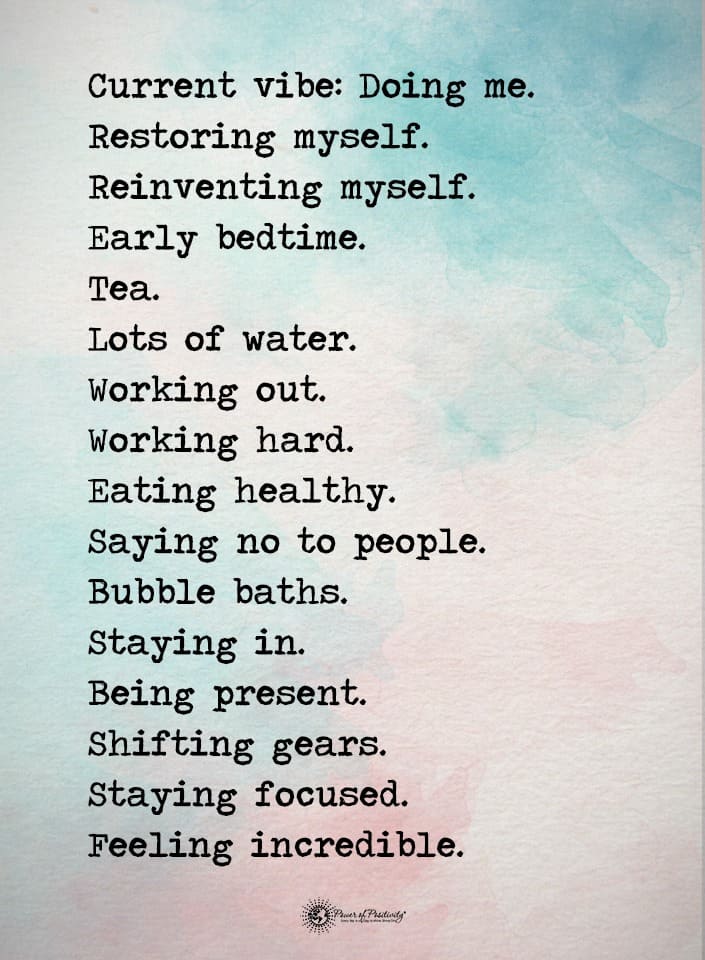Here’s why a gratitude journal is so helpful for a happier life.
Writing your thoughts and feelings in a private notebook isn’t new. When you were a teenager, you or someone you know may have kept a diary. For teenagers, a journal is a great way to cope with the stress of adolescence. On the other hands, adults benefit from keeping a happiness or gratitude journal.
Many adults cease using diaries when they grow up. However, they shouldn’t because it can still help you deal with stress like it did during high school. For adults, it’s called journaling instead of writing in a diary.
Journaling is a technique that’s been successfully used for mental health therapy worldwide. It’s proven to have immense benefits for your mental health. Many people are unaware that it also has benefits for your physical health as well.
In this article, you’ll discover what doctors say will happen to your body when you write in a journal daily. It’s good news, so keep reading to find out more.
Scientific Evidence Behind Journaling
Writing in a journal daily improves your mental health, which leads to improvements in your physical health. It’s no secret that the mind and body are connected. The body often mimics the state of your mind.
Researchers believe journaling can help people avoid negative thoughts and improve their memories. University of Texas psychologist James W. Pennebaker, Ph.D., says that people tend to express more emotion when writing which helps them “simplify and organize fragmented memories.” Dr. Pennebaker is a lead researcher and is widely known for his research into how journaling improves cognitive functioning.
Journaling is even helpful for people with physical conditions and diseases. When they write in a journal daily about things that involve their needs, it helps them to manage their problems better. One example is a food journal – journaling about what you eat, when you eat it, and how you feel when you eat can help manage things like diabetes and weight loss.
Increases in the availability of technology have led to online journaling being popular. Even this type of journaling has shown to be a significant help in managing mental health. The ability to access the journal anytime, anywhere, makes it more convenient.
Journaling directly impacts mental health and indirectly affects physical health. In the next section, some of the more specific benefits are discussed.
Eleven Benefits of Journaling
 1 – Stress Reduction
1 – Stress Reduction
One of the most widely known benefits of journaling is stress reduction. Many of the benefits of a gratitude journal stem from the removal of stress. This outcome is because stress affects many bodily functions, including thoughts, feelings, behaviors, and physical processes.
Journaling about stressful things in your life can help you get a fresh perspective on them. Simply writing them down can feel like you’re lifting a weight off of your shoulders. With the clarity you get from journaling about these stressful things comes the rest of the benefits below.
2 – Improve Health Conditions
It may not seem like your physical health can improve when you write in a journal daily, but it’s been proven that it does. In a study by Dr. Pennebaker and Joshua Smyth, Ph.D., of Syracuse University, asthma and rheumatoid arthritis patients who journaled during the course improved their conditions four months after their journaling exercises. There are studies done for other conditions as well.
Journaling isn’t going to cure any condition. However, it will make it much more manageable by reducing the impact of the symptoms.
3 – Cope with Depression
Plenty of studies show that a gratitude journal can help improve or fight depression. It’s been shown that journaling can be as effective as cognitive-behavioral therapy (CBT) for depression. Sometimes, getting things off your chest, even if it is just to a notebook, is enough to make you feel better and add some positivity to your life.
4 – Mood Booster
Since journaling can help with depression, it’s no surprise that it can improve a person’s mood. People often feel a sense of relief as well as an inner-peace after journaling. This mindset can make them feel happier, freer, and in an overall better mood. This outcome is especially true when they’re getting stress relief.
5 – Face Your Fears
Journaling may not make you a superhero, but it can make you brave enough to face your fears. When you write in a journal daily, it can help you identify patterns of fear. It can also help you to see solutions to those fears. As your stress and mood are relieved, you can find the confidence to conquer your fears.
6 – Memory Improvements
Writing is a proven way to improve your memory. This improvement is actual even outside of journaling. That’s why it’s recommended that students to take notes by hand.
According to Dr. Helen Macpherson of the Institute for Physical Activity and Nutrition (IPAN) at Deakin University, when you write, you have a more challenging time keeping up with what you’re trying to remember (compared to typing). Writing causes your brain to encode the information differently, leading to a better chance of remembering what you’re writing.
7 – Manage Anxiety
Writing in a journal daily can improve your anxiety because it helps you slow down and cope with your stressors at a more manageable pace. Writing calms you and allows you to clear your mind. You become more self-aware, and you feel comfortable confronting your stressors.
It’s almost like you’re in a safe place when you write in your gratitude journal daily. Your journal becomes where you can go when you need inner peace.
8 – Identify Medical Triggers
As stated before, journaling can help you improve certain health conditions. It can also help you identify specific triggers that can aggravate those medical conditions. By having a log of your activities, what you eat, and how you feel, you can go back and see what you were doing right before you got sick. This data comes in handy when you visit your doctor.
9 – Journal to Recovery
Unfortunately, so many people are subject to traumatic events. However, writing in a journal daily can aid them on their path to recovery. Journaling can help you get your negative thoughts on paper so you can stop worrying about them. This allows you to free your mind so you can process your grief.
Journaling can help with recovery from many different situations. It could be alcoholism, eating disorders, drugs, sexual violence, etc. Journaling is especially helpful in helping kids recover.
10 – Immune System Boost
Journaling will help improve specific conditions and significantly boost your immune system, so you aren’t getting sick as often. This is because you’re relieving so much stress from yourself when you write in a gratitude journal daily. Your body can stop focusing on stress and start focusing on other things that require energy and attention.
11 – Enhances Creativity
Journaling is essentially a form of self-expression. Since its private, people feel freer to let their imaginations roam while they write. You can put anything you want, leading to your wildest dreams coming out on paper (or screen if you decide to type). You may even surprise yourself at how creative you are.
It can be incredibly freeing to write anything you want without judgment. Letting your creativity come out can be incredibly inspirational and motivational. You’ll find ways to solve problems and achieve goals. The sky is the limit when you write in a journal daily.
Tips for How to Journal Effectively
It’s not hard to be an effective writer for your journal. Use these simple tips to get you going in the right direction.
- You’ll first want to find a private place where you feel safe and comfortable. This privacy will help you with clarity while you’re writing.
- Next, let go of any rules or preconceived notions about what journaling is. This is your chance to make it whatever you want or need. It’s your story, so make your own rules.
- Don’t second-guess yourself. Write whatever comes to mind. Write what feels right to you. You should feel what you’re writing, which should be important to you.
- When you write, be honest with yourself. You can’t reap the benefits if you don’t face whatever is in your head. No one will read your gratitude journal, so don’t be afraid to write everything you keep hidden away.
- Finally, be consistent with journaling. You should write at least 15 minutes, three times a week to be effective, but you can certainly write more than that.
 Final Thoughts on the Amazing Things That Follow When You Write in a Journal
Final Thoughts on the Amazing Things That Follow When You Write in a Journal
Journaling is a handy tool if you’re consistent with it. Daily journaling would be the most effective, but even if you only write a few days a week, you can benefit from the positivity it creates.
You don’t have anything to lose by keeping a gratitude journal. In fact, you have all the benefits mentioned here, plus many others that can improve your life. Give it a chance – you will be glad that you did.

















